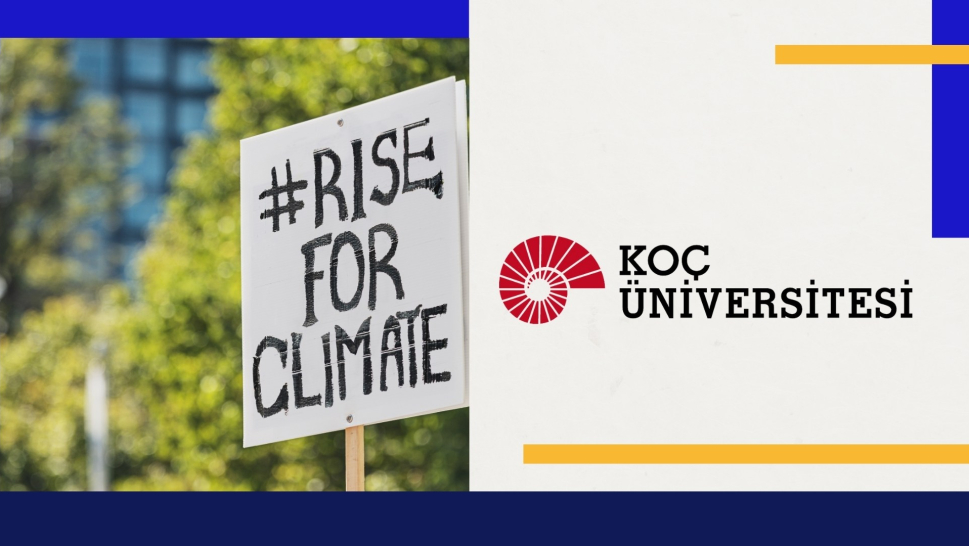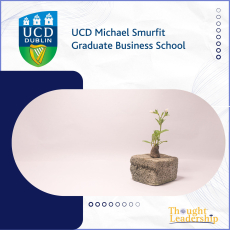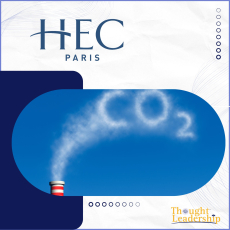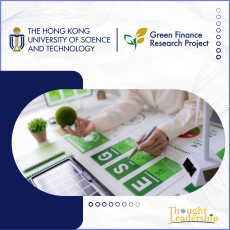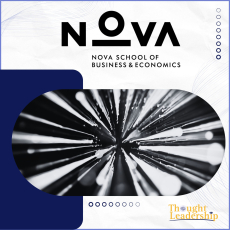Standout anchors include the university-wide Sustainability Day (5 May 2025) that mobilised students and faculty across disciplines, and Koç’s participation in the UNIC International Sustainability Leadership Autumn School (Sept–Oct 2025), a micro-credential focused on systems and futures thinking. The university’s sustainability portal gathers these efforts and signals a clear institutional direction.
First, the curriculum spine is getting stronger and more applied. Law integrates ESG through “Integrating ESG into Law: Education, Regulation, and Practice”, connecting governance and compliance to real-world impact. Health sciences push equity and climate resilience via the Global Health M.Sc., preparing graduates for cross-border, determinants-of-health challenges. Urban futures are tackled in the Erasmus Mundus RePIC master’s track on Redesigning the Post-Industrial City, which develops interdisciplinary problem-solving for livable, net-zero cities.
Second, Koç complements coursework with mindset-shifting learning environments. Cross-disciplinary Brown Bag Seminars cultivate research dialogue and curiosity; the GLLS (Global Learning & Leadership for Sustainability) track adds hands-on projects, workshops, and international learning expeditions; and Sustainability Day showcases student work and partners, turning the campus into a living lab. Topical offerings like “Power, Policy, Planet: CASE and the Geopolitics of the Green Transition” widen students’ field of view from firm-level tactics to macro risk and opportunity, while initiatives such as “Before Zero-Waste: Archaeologies of Ecology” and the university’s greener campus/zero-waste drive connect heritage, behaviour, and operations.
Koç’s approach shows that curriculum innovation is the engine of mindset change: align credit-bearing programs, co-curricular labs, and campus operations, and students begin to define success as contribution and stewardship.
Key takeaways :
(1) Embed ESG and systems thinking in core courses (e.g., law, finance, operations) with assessment tied to real stakeholder outcomes.
(2) Pair degrees with micro-credentials (like the UNIC Autumn School) that certify leadership skills (systems, futures, collaboration).
(3) Make the campus a living lab, run annual Sustainability Days; require capstones that prototype measurable, zero-waste or equity gains on campus.
(4) Institutionalise cross-disciplinary seminars (Brown Bag-style) to normalise plural knowledge and debate.
(5) Use challenge-based studios where students co-design solutions with city and industry partners and test sustainable business models in the wild. Track impact via micro-credential completion, implemented student projects, and campus metrics (waste, energy, equity).
FULL ARTICLE HERE

